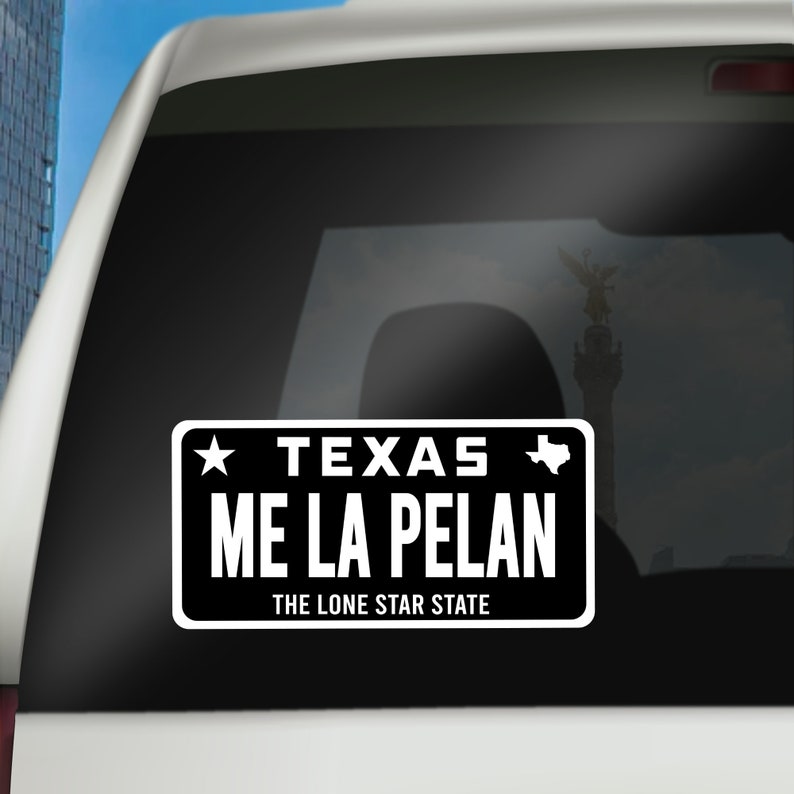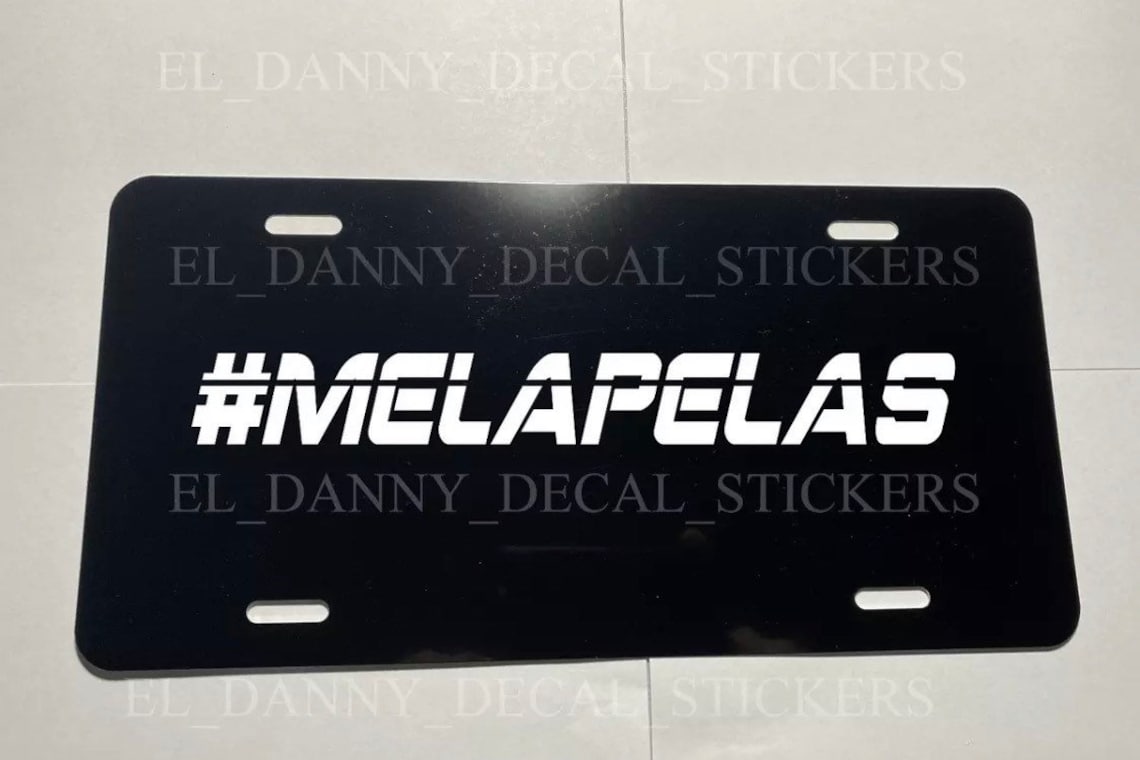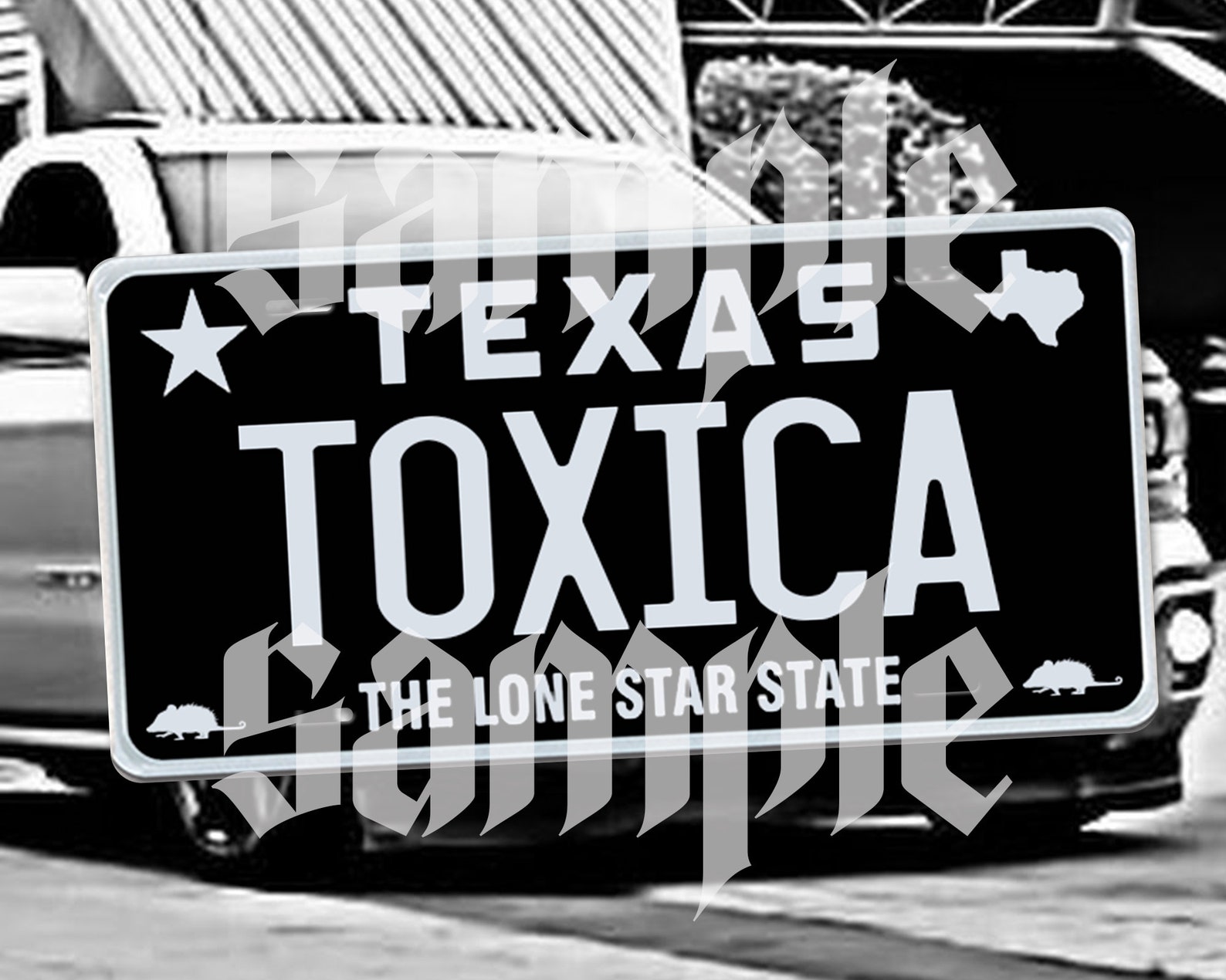Does a simple phrase hold the power to capture a cultural zeitgeist, becoming a viral sensation and a symbol of defiance? The seemingly innocuous, yet provocative, expression "Me la pelan" has demonstrated precisely this, evolving from street slang to a statement of individuality and, for some, a badge of honor.
The story begins with a tweet, a modern-day campfire tale, circulating on social media platforms. A son, seeking permission to dine out, posed the question to his father. The father's response, concise and unapologetic, was the now-famous phrase: "Me la pela." This seemingly simple reply, a cornerstone of informal Spanish communication, quickly transcended its origins, becoming a meme, a trending topic, and a shorthand for a certain attitude. As the Huffington Post Spain reported on April 11, 2020, and again on April 10, 2022, this seemingly small event sparked a larger conversation about language, culture, and the evolution of online communication.
The phrase "Me la pelan" isn't just about a single incident; it encapsulates a wider phenomenon. It's a linguistic mirror reflecting a complex cultural reality. From its origins in Mexican street slang to its current status as a digital phenomenon, the phrase's journey is a testament to the power of words to both offend and unite.
Consider the following table, which breaks down the intricacies of this multifaceted phrase:
| Aspect | Details |
|---|---|
| Phrase | "Me la pelan" |
| Literal Translation | "They peel it for me" (or "It peels me") |
| Figurative Meaning | "I don't care," "I'm indifferent," "I don't give a damn" |
| Origin | Mexican street slang, late 20th century. |
| Usage | Expressing disdain, indifference, or superiority. Often used in informal settings among close friends. |
| Tone | Vulgar and potentially offensive. Use with caution, and only in appropriate contexts. |
| Equivalent English Expressions | "I don't give a shit," "I don't care," "Suck on that!" |
| Cultural Significance | Represents a form of rebellion against authority, a way to express nonchalance or even celebrate achievement. |
| Viral Example | A son asking his father for permission to go out, the father's reply: "Me la pela." |
| Contemporary Applications | Used in song lyrics, novelty items (e.g., license plates, mugs, tank tops), and social media commentary. |
| Cautionary Note | While the phrase can be humorous in specific contexts, its vulgarity means it could be inappropriate in many. |
The phrases reach has extended far beyond mere conversation. The lyrics of a song prominently feature "a m todos me la pelan," reiterating the sentiment of complete disregard. This further demonstrates the phrase's ability to integrate itself into popular culture, to become a part of the rhythm of everyday life for some. The phrase has also become a source of merchandise, from license plates with the statement boldly displayed to tank tops and stickers, turning the expression into a marketable commodity, a symbol of self-expression for those who resonate with its message. Amberdesignsgoods, for instance, lists car accessories, solidifying the phrase's integration into consumer culture.
Consider the creation of personalized items such as license plates, which come in standard measurements of 6 x 12 inches, available in black or white, with various text color options. These products are not simply practical; they are declarations, bold pronouncements of a particular mindset. The choice to display "Me la pelan" on a vehicles license plate frame speaks volumes about the owners attitude, signaling a willingness to embrace the phrases controversial nature. The availability of such items from numerous retailers, often listed on platforms such as Amazon, further underscores the phrases reach, as individuals can readily purchase items that embody their sentiments. Additionally, the use of these words on items like Popsockets and SVG files demonstrates how the phrase has entered the digital world and the trend of using it for creating digital content and crafts.
It's essential to remember, the phrase is not without its nuances. It's a potent expression, and as such, requires awareness and understanding. While it can be humorous among close friends, it can also be interpreted as offensive. As the article in the Huffington Post Spain pointed out, the context is critical. The phrase's impact depends entirely on who is speaking, who is listening, and the prevailing atmosphere. Mastering the expression is about understanding not just the words but also the situation.
The phrases presence also extends to the realm of social media. The use of platforms like TikTok provides evidence of the phrases relevance to younger generations. Videos demonstrating how to say "Me la pelas" in English exist, illustrating its reach. This shows that the phrase is not just limited to native Spanish speakers but has been incorporated into wider online discourse. The appearance of the phrase on platforms such as YouTube and other online platforms solidifies its legacy.
The story of Me la pelan isn't just the story of a phrase; it's a reflection of how language, culture, and individual expression can converge in unexpected ways. It's a testament to the power of words to both provoke and connect. It's a reminder that even the most seemingly simple expressions can carry layers of meaning, and that understanding those layers is key to appreciating the complexities of human communication.
The use of the phrase varies from region to region. In some areas, "me la pela" is used, while in others, "me la pelan" is employed. The difference lies in the number of people who are being disregarded. But the message is the same.
This sentiment can also be used to express superiority. For instance, when someone shares an achievement, the phrase "Me la pelas" can be used to convey, "Suck on that!" or "I'm better than you." This kind of direct response speaks to the competitive and often boastful nature of language. The article also notes the literal meaning, "you peel it for me," highlighting the stark contrast between the literal and figurative interpretations. The origin in Mexican street slang adds layers of cultural richness and depth to the phrase. Further, the phrase is commonly used by the Latino community to convey a general disregard for something or someone.
Moreover, the phrase has inspired countless online communities. For instance, a Houston community with 424k subscribers focuses on various topics of interest within the Houston metro area.
The phrase has become a part of the artistic expression. It's featured in the creation of unique items, such as a license plate frame, which has been sold by amberdesignsgoods and listed on February 11, 2024. The availability of such merchandise points to the commercialization of a simple phrase and its adoption as a symbol of self-expression. This phenomenon showcases how an expression from street slang has integrated itself into mainstream culture.
While the phrase is often seen as vulgar or offensive, it is also understood within certain circles as a form of humorous self-deprecation or a way to express defiance. The context dictates its reception. As with any slang, its impact depends on the relationship between the speaker and listener. As the article emphasizes, "It is a vulgar and offensive way of saying that the person speaking does not care."
The evolution of "Me la pelan" is proof of language's ability to reflect and shape culture. It's a cultural signifier, a succinct summary of a particular attitude, a phrase that has transcended its origins to take its place in the lexicon of the internet era.


